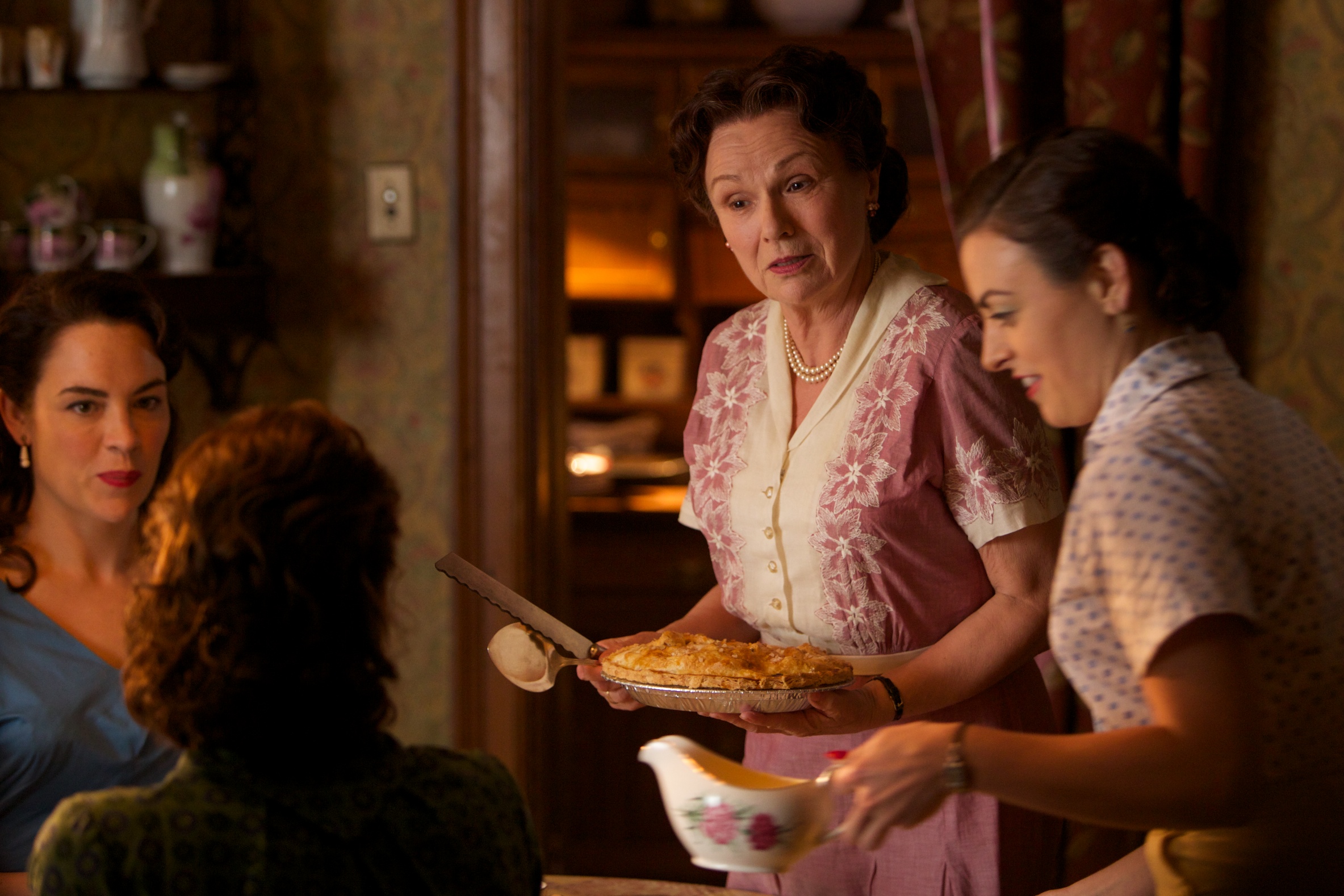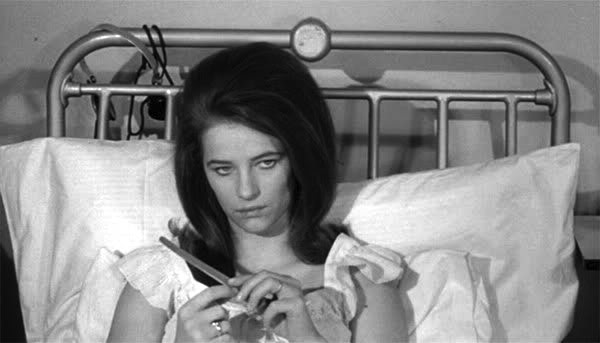Here's Murtada speculating very early on the 2017 Oscar race.
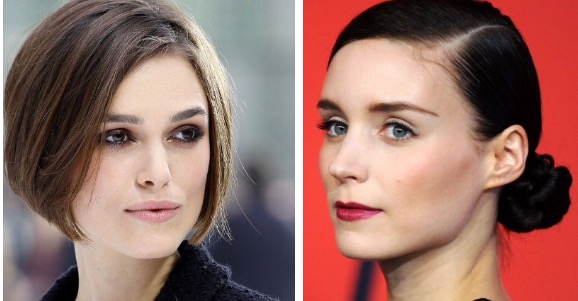
There’s usually a real life person in the best actress lineup. It’s not as prevalent as it is in best actor - 4 this year. But we do have Joy Mangano (Jennifer Lawrence). Last year there were Jane Hawking (Felicity Jones) and Cheryl Strayed (Reese Witherspoon). Recently we got everyone from Philomena Lee (Judi Dench) to Marilyn Monroe (Michelle Williams) and Edith Piaf (Marion Cotillard) and most famously The Queen (Helen Mirren) and her 80s nemesis Margaret Thatcher (Meryl Streep). Now we have two more possible candidates for the 2017 Oscar race as two interesting biopics were announced this week with two actresses well known to the Academy. French writer Colette (to be played by Keira Knightley) and Jesus disciple Mary Magdalene (Rooney Mara).
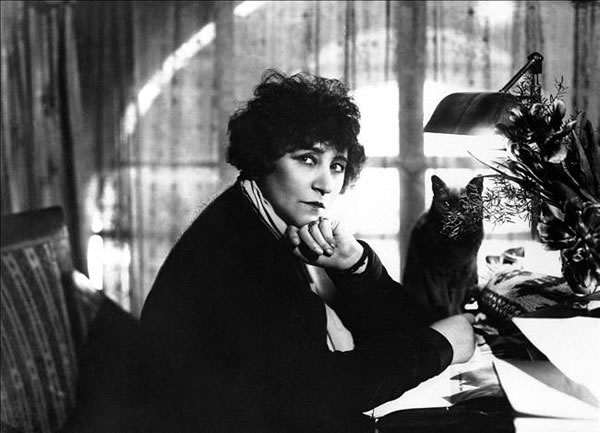 Colette in 1920s
Colette in 1920s
Colette is the more intriguing figure, at least to this non-believer. Born in 1873 she was a journalist, an actress, a mime and of course most famously the writer of the novel Gigi which became an Oscar winning film and a stage musical. Colette and her first husband Willy Gauthier-Villars, also a writer, were pivotal figures in the salons of the turn of the century Paris and collaborated on several novels. The rumour is that the writing was all Colette’s - shades of Big Eyes. Colette also had sexual and romantic relationships with women. And based on the people behind this film, we know they won’t shy away from telling that story.
The film is written by Wash Westmoreland and the late Richard Glatzer (Quinceañera, Still Alice), with Westmoreland directing. It will be produced by Christine Vachon and Elizabeth Karlsen who most recently produced Carol. With lukewarm reviews for her Broadway debut in Therese Requin and a small forgettable part in Everest being her only 2015 credits, this looks like a juicy part that Knightley can sink her teeth into and possibly get her career back on the upturn it was on with 2014’s double bill of Begin Again and The Imitation Game.
While I’m not into religious movies, actresses are my religion and after Carol I would follow Rooney Mara anywhere she wants to go. She’s choosing to collaborate with Garth Davis (Top of the Lake) to tell the story of Mary Magdalene. The actress - director combo is exciting especially when it’s noted that they have recently worked together on Lion (2016) - with Nicole Kidman and Dev Patel. They must have really enjoyed working together to choose to do it again so soon. Wonder who will be cast as Jesus? It’ll have to be someone fantastic if they are to replicate the explosive chemistry Mara had with her Carol co-star Cate Blanchett. This tweet says it best.
Who would you like to see play opposite Knightley and Mara as Gauthier-Villars and Jesus?
 Friday, February 5, 2016 at 5:00PM
Friday, February 5, 2016 at 5:00PM 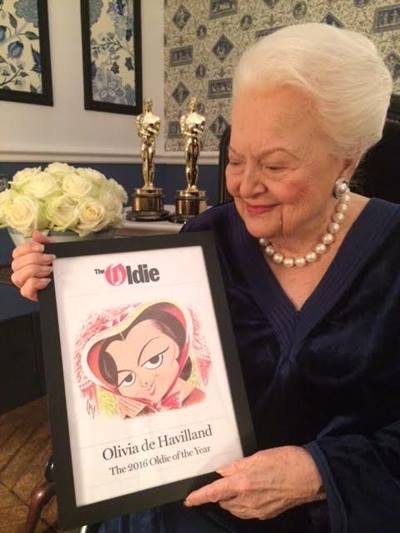 The Illustration she's holding is by Gary Smith who has been featured on the site before.
The Illustration she's holding is by Gary Smith who has been featured on the site before.






